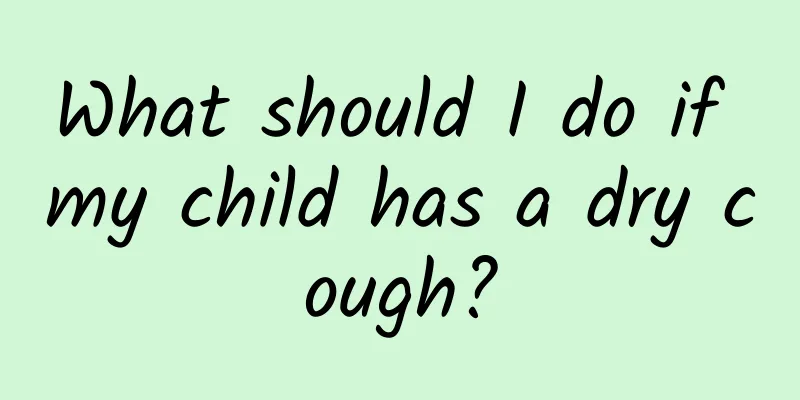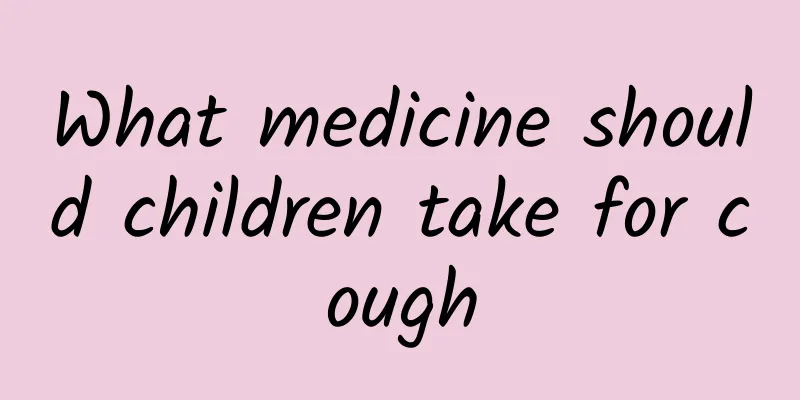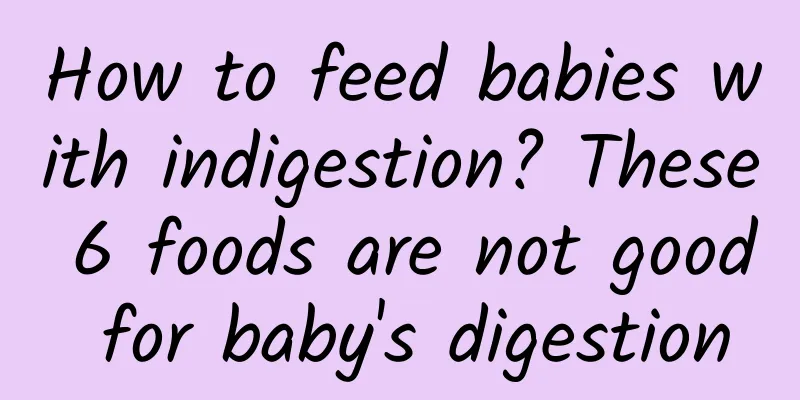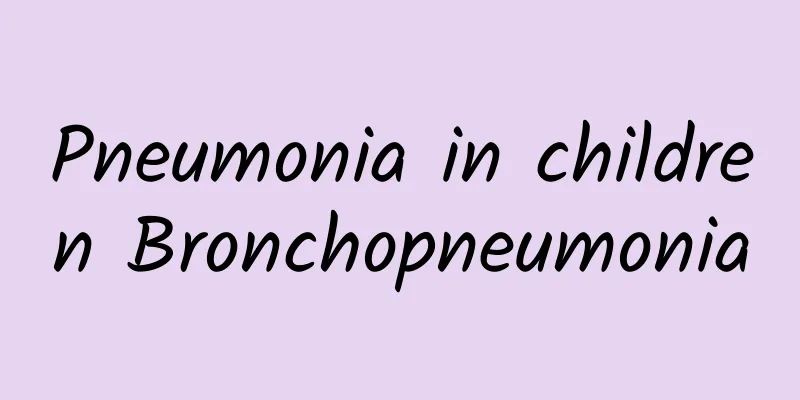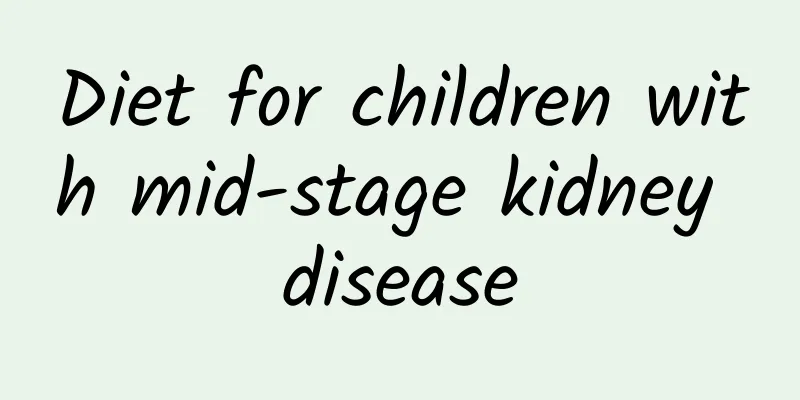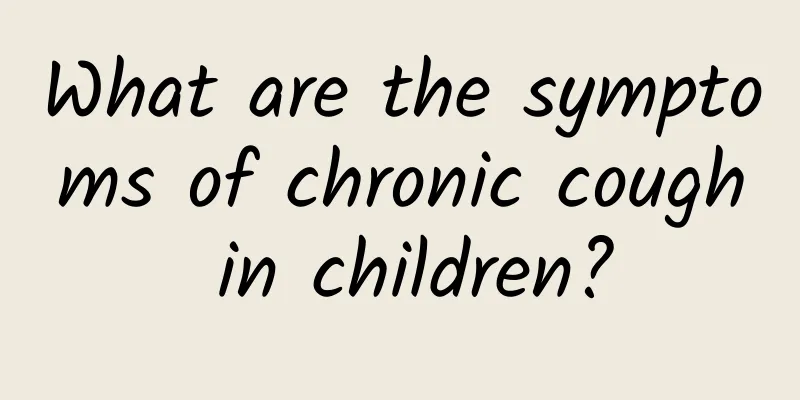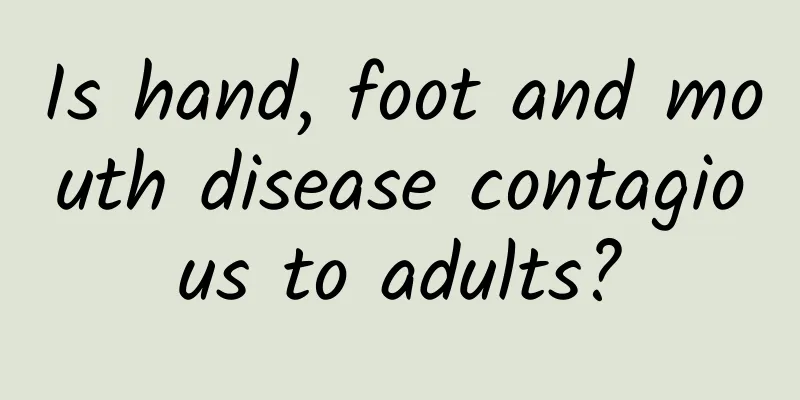Common causes of diarrhea in children include
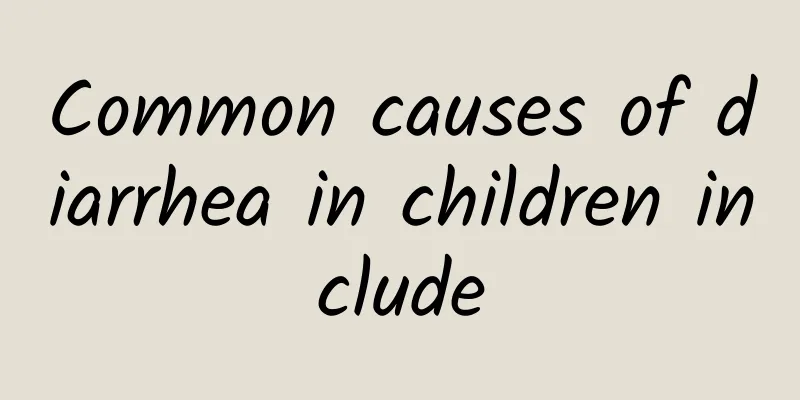
|
Treatment of pediatric diarrhea requires appropriate measures based on the cause, common causes include infection, improper diet, allergies, etc. Infectious diarrhea requires antibiotics or antiviral drugs, improper diet can be improved by adjusting the diet structure, and allergies require avoiding allergens. 1. Infection is one of the main causes of diarrhea in children, which may be caused by bacteria, viruses, parasites, etc. Rotavirus and norovirus are common sources of viral infection, while E. coli and Salmonella are common sources of bacterial infection. Targeted drugs are required to treat infectious diarrhea, such as antibiotics for bacterial infections and antiviral drugs for viral infections. At the same time, pay attention to replenishing water and electrolytes to prevent dehydration. 2. Improper diet is another common cause, including improper feeding, food allergies or intolerance. Overfeeding or feeding too quickly may increase the burden on the digestive system and cause diarrhea. Food allergies such as lactose intolerance or allergies to certain foods can also cause diarrhea. Adjusting the diet structure and avoiding allergens are the key. You can try changing the formula milk, or using a low-lactose or lactose-free formula. 3. Physiological factors such as immature gastrointestinal function or intestinal flora imbalance are also one of the reasons. The digestive system of infants and young children has not yet fully developed and is easily affected by external factors. Intestinal flora imbalance may be caused by the use of antibiotics or other factors. By supplementing probiotics and adjusting diet, the balance of intestinal flora can be improved and the digestive function can be enhanced. 4. Environmental factors such as climate change and poor sanitary conditions may also cause diarrhea. Sudden changes in temperature or poor sanitary conditions can easily lead to infection. Keeping the environment clean and paying attention to personal hygiene are important measures to prevent diarrhea. Avoid letting children come into contact with unclean food or water, and regularly disinfect tableware and toys. 5. Pathological factors such as chronic enteritis and intestinal infection also need to be considered. Chronic enteritis may be caused by abnormal immune system or other diseases and requires long-term treatment and management. Intestinal infections such as dysentery or intestinal tuberculosis require timely medical treatment and professional treatment. It is key to develop personalized treatment plans for different pathological factors. There are many causes of diarrhea in children, and treatment needs to take targeted measures according to the specific cause. Timely medical treatment, reasonable medication, diet adjustment, and environmental improvement can effectively relieve and prevent diarrhea and protect children's health. |
<<: What are the drugs for treating ADHD in children?
Recommend
Effective treatment for patent ductus arteriosus
What is the best way to treat patent ductus arter...
What are the symptoms of chronic mumps
The symptoms of chronic mumps are mainly recurren...
What tests are done to check for Hirschsprung's disease?
The examination of Hirschsprung's disease mai...
What are the hazards of neonatal jaundice? Three hazards of neonatal jaundice should be paid attention to
Neonatal jaundice is the most common disease amon...
What are the symptoms of polio sequelae?
Polio is one of the diseases we heard about the m...
Does Ganmao Ning Granules for Children distinguish between wind-cold and wind-heat?
Xiaoganmaoning Granules for Children do not direc...
Can boiling water with Gardenia jasminoides cure jaundice? Listen to the experts' answer!
Jaundice is a common symptom characterized by yel...
How to treat children's upper respiratory tract infection cough
When children have upper respiratory tract infect...
What is psychological care for patients with Kawasaki disease?
How to provide psychological care for patients wi...
The whole leg of the patient with hand, foot and mouth disease is covered with rashes
Patients with hand, foot and mouth disease have r...
Four major hazards of phenylketonuria to the human body
Phenylketonuria is a disease that is very harmful...
How to prevent children from getting diarrhea
Diarrhea is a common gastrointestinal disease in ...
Treatment of acute mumps in children
Acute mumps in children requires comprehensive tr...
What to do if your baby has jaundice? How to regulate breast milk jaundice
Let the baby's meconium be discharged as soon...
How to treat a baby with a runny nose, cough and phlegm? How to care for a baby with a runny nose, cough and phlegm?
If your baby has symptoms such as runny nose or c...
